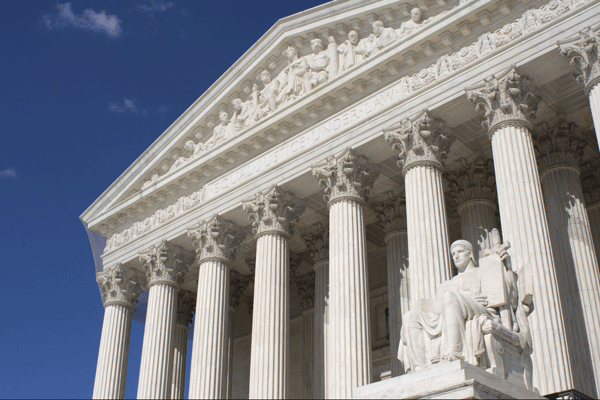
Government entities’ use of contingency fee arrangements with private attorneys to pursue public nuisance claims against companies has been a growing concern for California employers since a 2010 California Supreme Court ruling.
In essence, these arrangements were authorized by the court’s opinion in County of Santa Clara v. Atlantic Richfield Company, et al.
Business concerns include the risk of a conflict of interest, leverage against the targeted company and the potential for corruption. (See the California Chamber of Commerce 2017 Business Issues and Legislative Guide summary, “Contingency Fee Arrangements for Public Entities.”)
Local government has largely viewed these contingency fee arrangements in a positive manner as way in which to preserve internal resources and yet still gain a potential monetary recovery. Similar to any other client, the local government does not have to put upfront any significant monetary amount to retain the services of the private attorney. The government entity simply has to provide the private attorney with a share of any recovery.
Pending Case
This positive view, however, may be changing or blurred with recent developments. In a case pending in San Diego where the San Diego Port District (the Port) is represented by private counsel against a company that manufactures products for use in agriculture, the company filed an answer to the complaint as well as a list of numerous counterclaims against the Port. The Port will have to defend against these counterclaims.
The question, though, is who will defend against these counterclaims and how will the legal counsel be compensated for that defense?
Normally, a contingency fee arrangement covers only the work performed to pursue a case against a defendant in exchange for a share of any monetary recovery. Counterclaims generally are not within the scope of the contingency fee arrangement.
This wrinkle in the contingency fee arrangement with a local government will presumably have to be addressed through a written agreement that identifies whether the local government internal counsel or the private attorney is responsible for defending the counterclaims.
If responsibility for the defense lies with the internal counsel, the purpose of utilizing outside counsel for such cases may diminish. If the responsibility lies with the outside counsel, the local government may have to pay hourly attorney’s fees or agree to providing the outside counsel with an even larger share of any monetary recovery.
Another Consideration
Defending against counterclaims or any additional claims or cases that may arise as a result of the initial prosecution of a nuisance claim is another layer to these arrangements that government entities should consider.
As a matter of policy, the CalChamber believes that if California continues to condone the use of private attorneys to represent government entities through contingency fee arrangements, there must be enhanced contractual requirements, ethical standards, and required disclosures to ensure the neutrality of the government entity is not jeopardized and that neither the taxpayers nor defendant company are unfairly disadvantaged by such arrangements.

